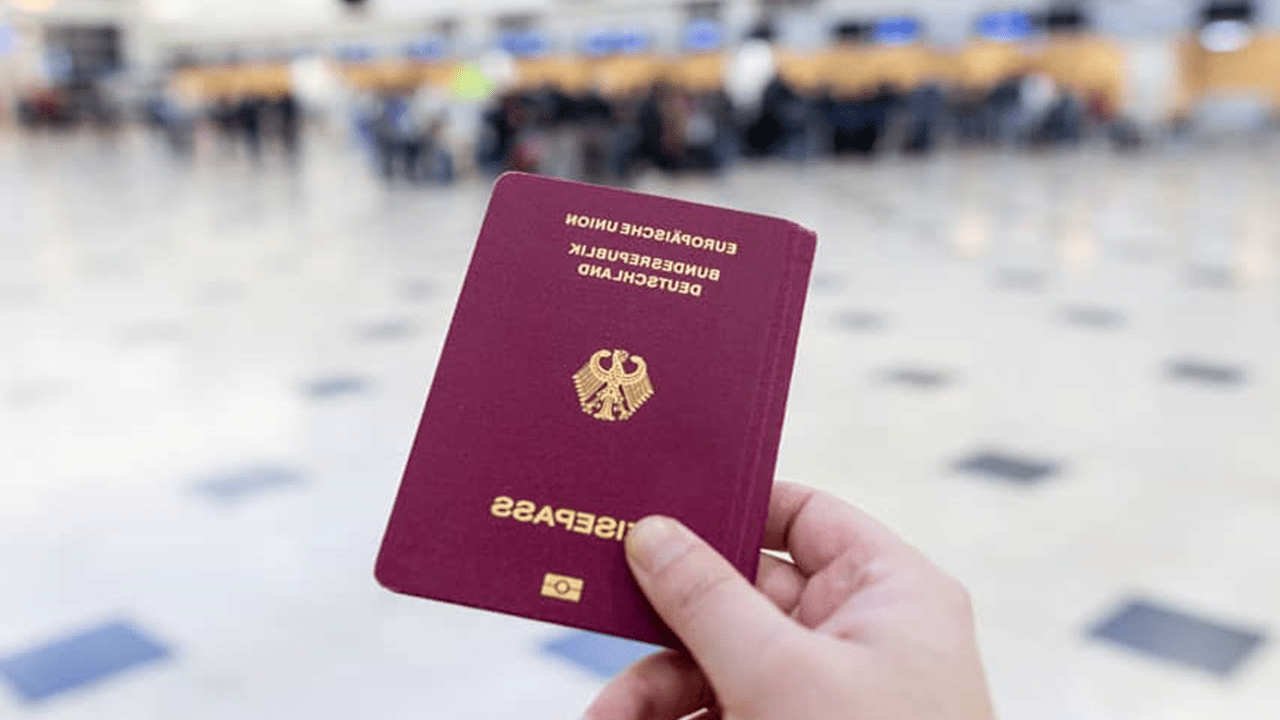Germany citizenship law has recently changed, which is a big step in the direction of improved integration and a more welcoming culture. The eligibility for dual nationality has been expanded by a new route to citizenship approved by German parliamentarians. A representative of the Turkish community in Germany, however, issues a warning that authorities may find it difficult to handle the flood of applications.
In a historic decision, the German Bundestag recently approved broad modifications to the country’s citizenship laws, ushering in a new era of inclusivity and flexibility. This historic ruling has enormous implications for residency requirements, children’s citizenship rights, the admission of multiple citizenships, and other issues. As the legal landscape changes, individuals navigating the difficulties of German citizenship should seek advice from professionals such as the acclaimed team at Schlun & Elseven Rechtsanwälte.
Reduced Residency Requirements:
The most noticeable change is the decrease of the residency requirement from eight to five years, with exceptional instances allowing for citizenship petitions after only three years. This change is intended to hasten naturalization, encouraging a stronger sense of belonging and integration into German society.
Inclusive Approach to Dual Citizenship:
The admission of multiple citizenships is a watershed moment, freeing candidates from the requirement to relinquish their original citizenship. This reform is especially significant for non-European Union nationals, as it allows them to get German citizenship without losing links with their home nations.
Children’s Citizenship Rights:
The new law recognizes the difficulties faced by children born to foreign parents in Germany by lowering the residency requirement to five years. This acknowledges the special circumstances of persons born and reared in Germany, easing their route to citizenship.
Global Connectivity:
The removal of the obligation for German nationals abroad to relinquish their citizenship while naturalizing in another country indicates a recognition of the interconnectedness of the modern world. This reform provides more flexibility and chances for people pursuing citizenship in other countries while maintaining their German links.
Adapting to the Gastarbeiter Generation:
Germany Citizenship Law acknowledges the difficulties experienced by the “Gastarbeiter” generation, reducing language skills standards and eliminating the citizenship test for this group. This recognizes their important contributions to Germany’s economic progress and cultural diversity.
Factors Shaping Citizenship Decisions:
The updated law places more emphasis on a number of criteria, such as linguistic proficiency, educational background, employment opportunities, social engagement, and a dedication to democratic principles, for deciding citizenship. Those who actively contribute to German society are guaranteed acknowledgment thanks to this all-encompassing approach.
Streamlined Naturalization for Integration:
The goal of the expedited citizenship procedure, which lowers the minimum residency requirement, is to promote faster integration. In exceptional circumstances including exceptional accomplishments, citizenship may be granted in three years, placing Germany at the forefront of European countries.
Exclusion for Criminal Activity:
Germany Citizenship Law strikes a cautious balance by excluding those with specific criminal convictions related to hate crimes, even as it streamlines the acquisition procedure. This affirms Germany’s dedication to equality, respect, and inclusivity.
Expert Guidance for a Seamless Process:
The German citizenship attorneys at Schlun & Elseven Rechtsanwälte are prepared to assist applicants in understanding the nuances of the recently enacted legislation. A smooth and successful citizenship application procedure is ensured by their competence, which extends to evaluating eligibility requirements, compiling required documentation, and representing clients in court processes. The more details about this law can be seen at the official web site of Germany.
Conclusion:
Germany citizenship law has recently changed, which is a big step in the direction of improved integration and a more welcoming culture. Working with knowledgeable German citizenship attorneys becomes essential for anyone navigating the citizenship process once the new law goes into force. Schlun & Elseven Rechtsanwälte is still dedicated to offering knowledgeable counsel and steadfast assistance, guaranteeing a seamless transition for people looking to settle in Germany.
Also Read: Punjab Schools Modify Schedules Amidst Cold Weather Challenges
